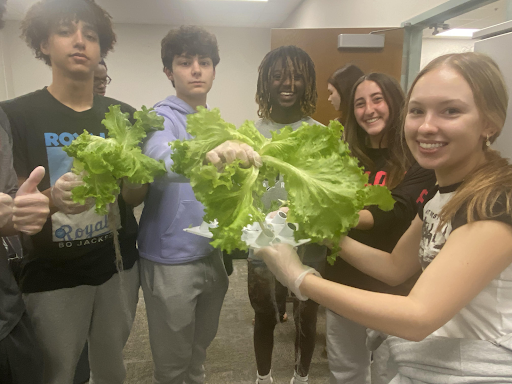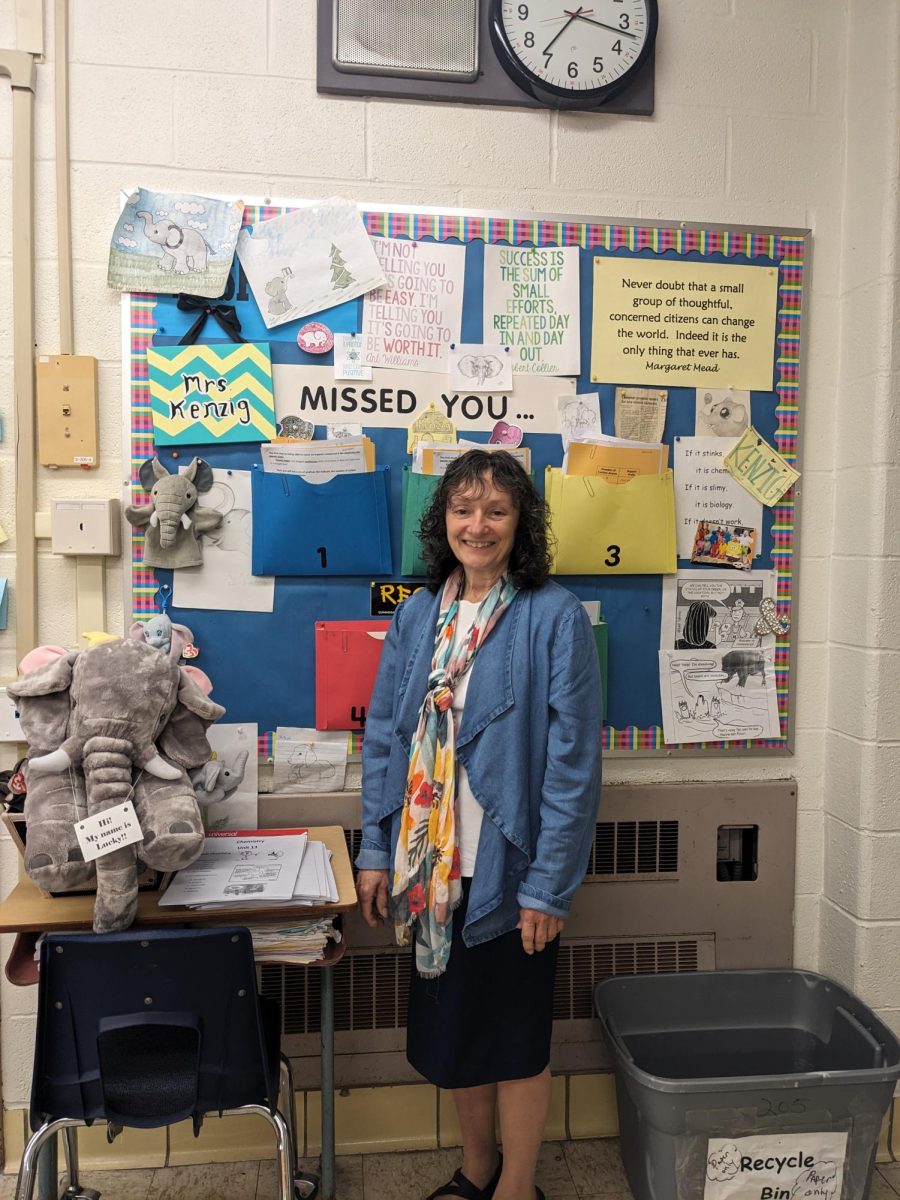
The FAFSA delay has caused significant concern among students and families relying on financial aid for higher education. Students are facing increased stress and difficulty planning for their academic futures, potentially impacting enrollment decisions and financial stability.
Guidance counselor Ann Trocchio said she is concerned about seniors not being proactive in staying on top of their emails and updates.
“It’s been on our radar as soon as the federal government let us know last [school] year,” Trocchio said. “We informed all of our parents and students, but we were not aware that it was going to keep getting pushed back. Unfortunately that came up. My worries are, and this is when I want to make sure I communicate to our seniors, is that it’s really important for seniors to stay informed.”
The schools affected by the FAFSA delay have no control over what the federal government does and cannot do anything to resolve the situation. Counselors, students and parents are hopeful that next year FAFSA will open up Oct. 1 and be on time and work as intended, as it only pertains to this year’s graduating class. As for the seniors, nothing can be done to better their circumstances or this year.
“Unfortunately for the senior class [the FAFSA delay] is kind of a bummer and, you know, it’s confusing,” Trocchio said.
Regarding commitments to colleges, there’s a lot of misinterpretation going on as well. Upon receiving emails from colleges of interest, seniors are urged to remain motivated and ensure colleges are committed to sending out the award letters with details on how much financial support they are receiving as early as possible.
“If it’s late, don’t commit to a college if financial need is there because what could happen is you could commit and end up not receiving financial aid,” Trocchio said.
While delays still affect some students who are relying on financial aid, for others like Senior students Eamon Chips and Maxwell Shuster, it doesn’t bother them too much.
“It’s going to affect a lot of students, but again, if proper precautions are put in place to make sure that the students still get the aid that they need then we’ll be fine,” Chips said.
There are a variety of circumstances that seniors have endured. Some students have already committed to college and aren’t eligible for financial aid, while others don’t need financial aid and don’t have to worry about the delay.
“We registered and [FAFSA] said I’m not eligible for anything,” Shuster said. “I know it is affecting people who want to apply to more expensive colleges though.”
Students who are relying on financial aid to go to college might begin to struggle if they commit to a school only to find out they won’t get financial aid due to them not being proactive and up-to-date on the delay.
“So once again, communication is the key,” Trocchio said. “You guys have to advocate for yourselves. Not your parents calling. Seniors need to call those financial aid offices and find out when the release date is, and don’t commit to [just] any college. So just being proactive is your key.”












